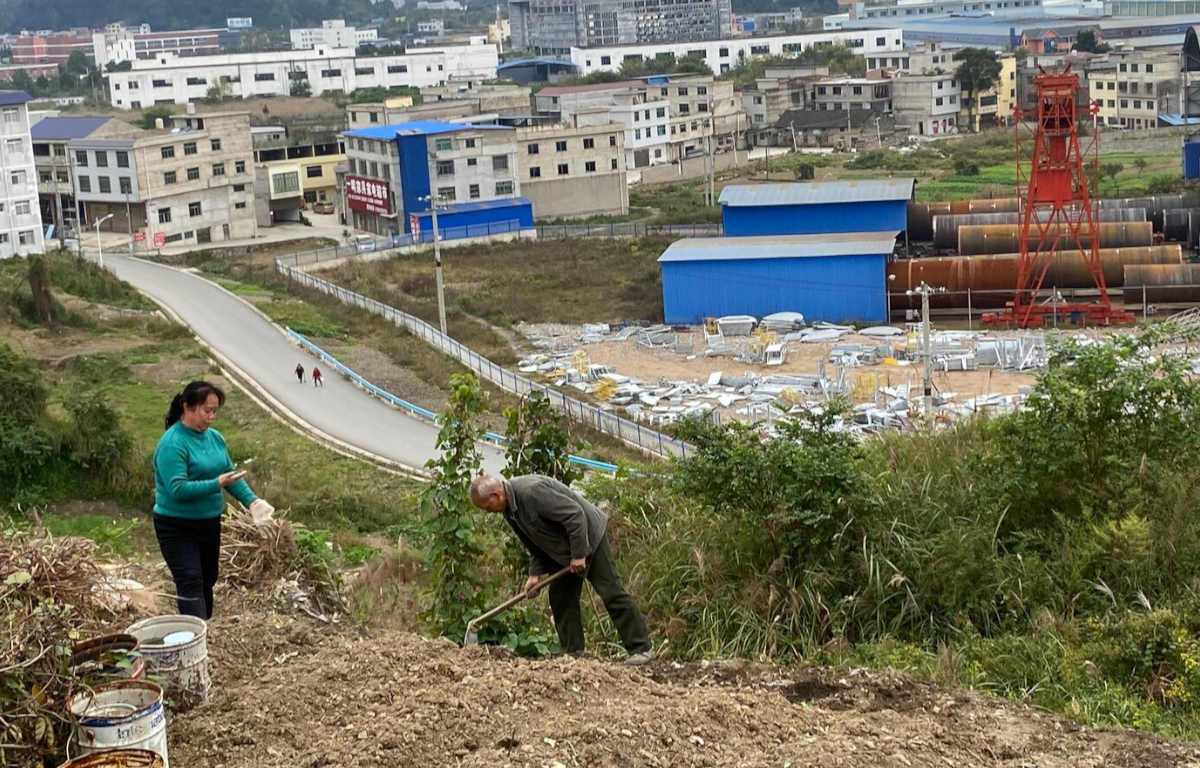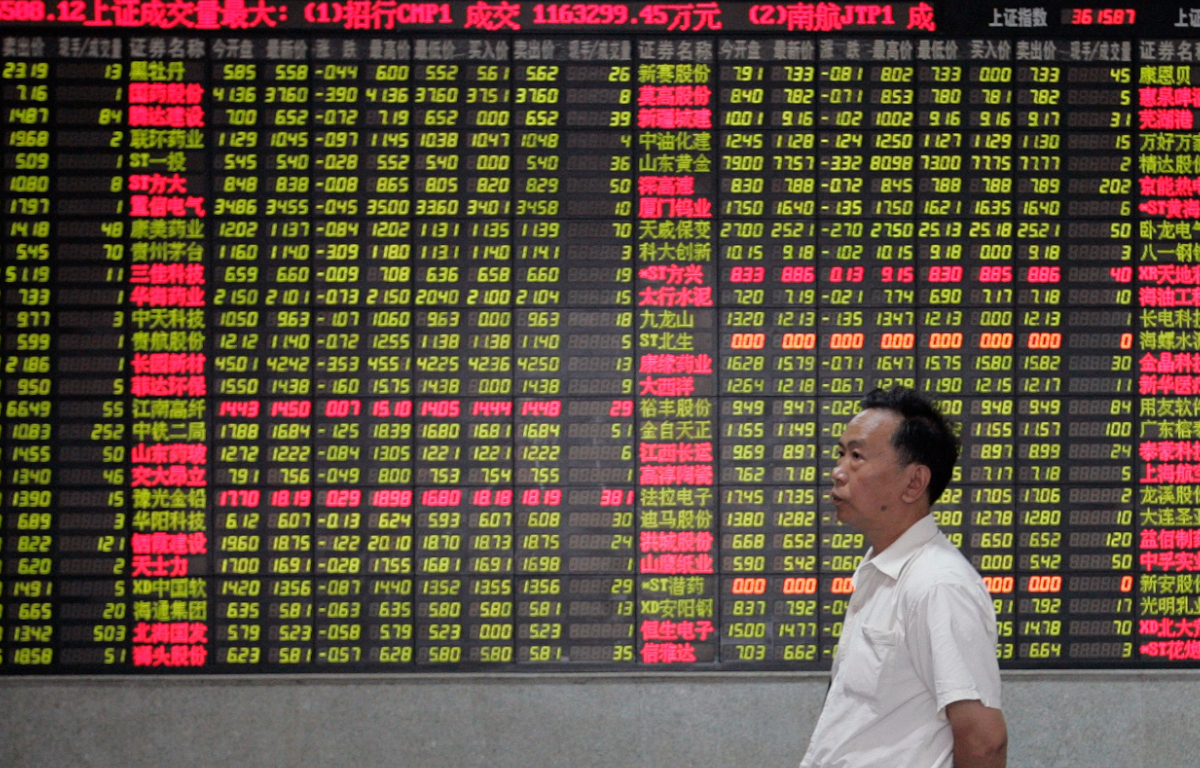
For years, China’s real estate sector had been a symbol of prosperity and success. Rapid urbanization and a growing middle class fueled a tremendous demand for housing, leading to skyrocketing property prices and massive construction projects. Developers competed fiercely to capitalize on the housing boom, leading to a surge in borrowing and debt accumulation. However, this unchecked growth was not sustainable.
The crisis was triggered by the struggles of Evergrande Group, one of China’s largest property developers. With debts exceeding hundreds of billions of dollars, Evergrande’s inability to meet its financial obligations sent shockwaves through the financial markets. This incident shed light on the broader vulnerabilities of the real estate sector and raised concerns about the broader health of China’s economy.
The real estate crisis is now having profound economic implications. Property values, once seen as a secure investment, are plummeting in value, leaving both individual investors and major corporations with substantial losses. The crisis is also impacting related sectors, such as construction and manufacturing, which had been intertwined with the real estate boom. As layoffs increase and businesses face closures, unemployment rates are on the rise, leading to a potentially destabilizing social situation.
The fallout from the real estate crisis is not limited to the economic sphere. Social unrest is brewing as homeowners who invested their life savings into properties face the risk of losing everything. Protests and demonstrations have erupted as citizens demand government intervention to protect their investments and alleviate their financial distress.
This crisis also presents a political challenge for the Chinese government. The Communist Party, which has long been focused on maintaining stability and social harmony, now faces the delicate task of responding to public anger while balancing the interests of various stakeholders, including property developers, investors, and the broader population.
China’s economy is deeply integrated into the global economy, and the ripple effects of this crisis are being felt beyond its borders. International investors who had poured money into China’s real estate sector are now assessing their exposure and considering their options. Moreover, the potential slowdown in China’s economy could have implications for global trade and commodity markets.
In response to the crisis, the Chinese government has taken steps to address the situation. Efforts to stabilize the real estate market, support affected homeowners, and manage the debts of major developers are underway. However, finding a sustainable solution to this complex issue will require a delicate balance between addressing immediate economic challenges and implementing long-term structural reforms.










Share this: